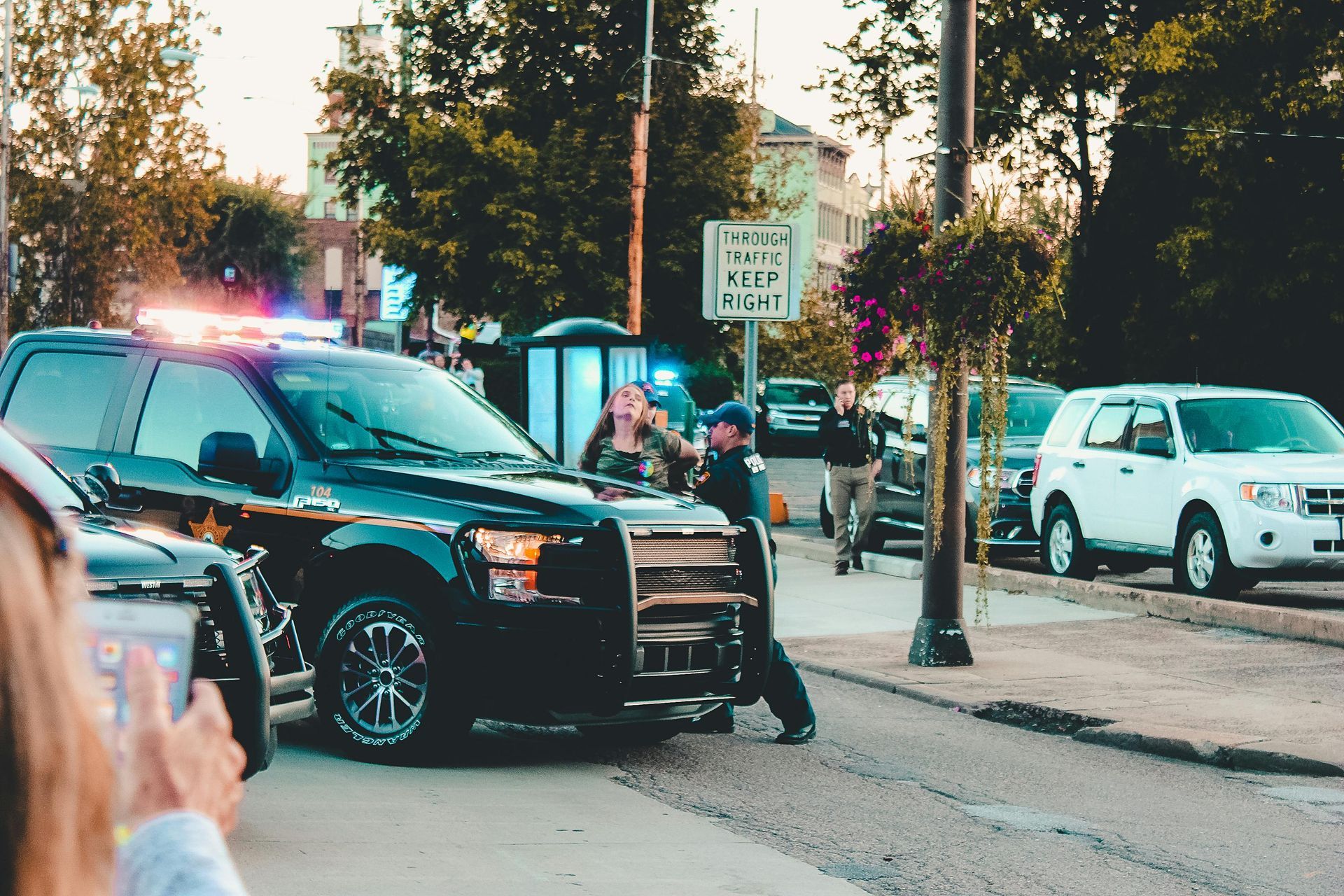Understanding Misdemeanor Charges in Georgia – Your Guide to Legal Assistance
Understanding Misdemeanor Charges in Georgia – Your Guide to Legal Assistance
Have you or someone you know been charged with a misdemeanor in Georgia? Do you understand what the charges entail, and what the potential penalties are? As a resident of Atlanta, it’s essential to be aware of the various types of misdemeanor charges and understand what legal options are available if you or a loved one is facing misdemeanor charges. In this blog post, we’ll be discussing everything you need to know about misdemeanors, including examples of charges and potential penalties. We’ll also be highlighting how The Lopes Law Firm can provide legal assistance to individuals facing misdemeanor charges in Atlanta.
What is a Misdemeanor?
In Georgia, misdemeanor charges are considered less severe than felony charges but can still carry significant consequences. A misdemeanor charge typically relates to offenses that are punishable by up to one year in jail or fines up to $1,000. There are different classes of misdemeanors, with Class A being the most severe, followed by Class B and Class C.
Examples of Misdemeanors
Some examples of misdemeanor charges in Georgia include but aren’t limited to reckless driving, possession of drug paraphernalia, DUI, simple assault, and shoplifting. These charges can have significant consequences on an individual's personal and professional life, with long-lasting implications.
Penalties for Misdemeanors in Georgia
The penalties for misdemeanor charges in Georgia depend on the severity of the offense, with the most severe Class A misdemeanors attracting up to 12 months in jail and up to $1,000 fines. Class B misdemeanors carry up to six months in jail and $1,000 in fines, while Class C misdemeanors carry up to 30 days in jail and up to $50 fines. The consequences of misdemeanor charges also extend to an individual's long-term career prospects, with a criminal record making it challenging to find employment or housing.
The Importance of Legal Assistance
The consequences of a misdemeanor conviction in Georgia can be life-changing. As Atlanta residents, it’s essential to seek legal assistance if you or someone you know is facing misdemeanor charges. An experienced criminal defense attorney can navigate the complexities of the legal system, provide expert advice, and potentially reduce penalties or avoid convictions altogether. At The Lopes Law Firm, our legal team has extensive experience in criminal defense and will work tirelessly to help those facing misdemeanor charges in Atlanta.
In conclusion, understanding misdemeanors, the different charges, and potential penalties in Georgia is vital. Reducing the potential consequences of misdemeanor charges requires the support and guidance of a trusted criminal defense attorney. At The Lopes Law Firm, our expert team is committed to providing our clients with comprehensive legal assistance and expert criminal defense. Call us today to schedule a consultation and take the first step in resolving your misdemeanor charges.










